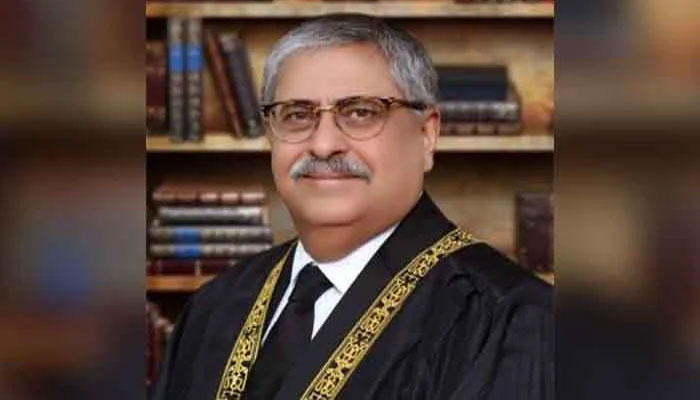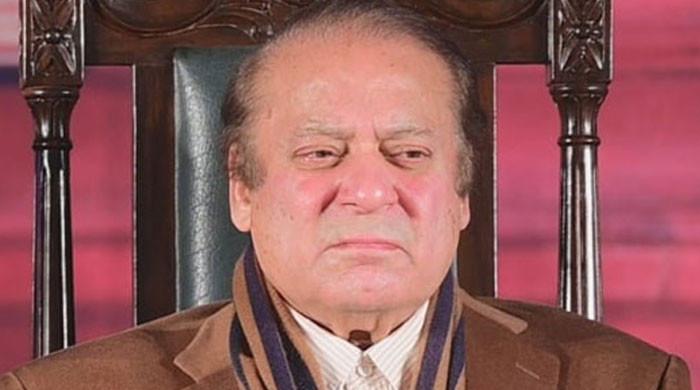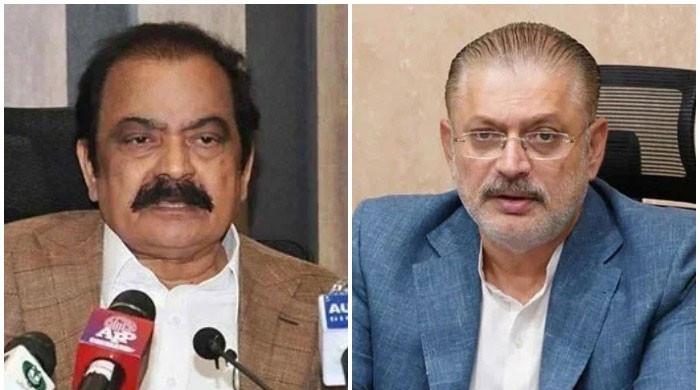Delay of single day in holding elections is grave violation of Constitution, says Justice Minallah
"A constitutional impasse seems to have been created by the holders of public office," observes Supreme Court judge
November 23, 2023

- Delay in polls amounts to suspension of Constitution: SC justice.
- Says President Alvi fails in his duty to appoint a date of elections.
- "People of Pakistan are victims of wrongful exercise of powers."
In his additional note, Supreme Court's (SC) Justice Athar Minallah clarified that a delay of a single day in holding the general elections beyond the expressly provided time frame [90 days] is the “most grave violation of the Constitution and denial of the constitutional rights of the people.
Earlier this month, a three-member bench headed by Chief Justice of Pakistan (CJP) Qazi Faez Isa and comprising Justice Minallah and Justice Amin-Ud-Din Khan had ordered the government to ensure the conduct of general elections on February 8, after President Arif Alvi and Chief Election Commissioner (CEC) Sikandar Sultan Raja unanimously agreed on the aforementioned date during a meeting held at the President's House.
The court, in its order, mentioned that the notification of the general election date has also been issued by the Election Commission of Pakistan (ECP), stating that no party has any objection to holding elections on February 8 next year.
In the 41-page note, Justice Minallah stated that delay in holding the general elections amounts to a suspension of the Constitution as it breaches its foundational principle, the exercise of powers and authority of the state through the chosen representatives.
“A constitutional impasse seems to have been created by the holders of public office.”
The judge remarked President Arif Alvi, governors and the Election Commission of Pakistan (ECP) failed to resolve the created impasse which itself was in violation of the duties imposed on them under the Constitution.
“The president, upon dissolution of the National Assembly, failed in his duty to promptly appoint a date for the general elections as required under Article 48(5) and instead wrote a belated letter to the Commission for consultation.”
The duty to ensure that the people of Pakistan are not deprived of their right to vote and they do not remain unrepresented for more than a 90-day period was that of the president, the governors and the commission, he added.
Impunity for constitutional violations
The apex court judge further said that public power can only be exercised to enable the people to enjoy their freedoms and guaranteed rights. Abuse, transgression or wrongful exercise of public power is a breach of trust and serious misconduct because it violates constitutionally guaranteed rights and thus relegates the testament of the will of the people, the Constitution to a mere platitude, he also said.
When the transgressors and those responsible for wrongful exercise of public powers become unaccountable it creates impunity for even the most serious infringement of the Constitution and the freedoms and rights of the people. Such impunity renders the Constitution unworkable and a farce.
Justice Minallah went on to say that the people of Pakistan, particularly the registered voters, were the victims of the wrongful exercise of public powers and reckless disregard for duties imposed under the Constitution and statutes upon the president, governors and the commission.











